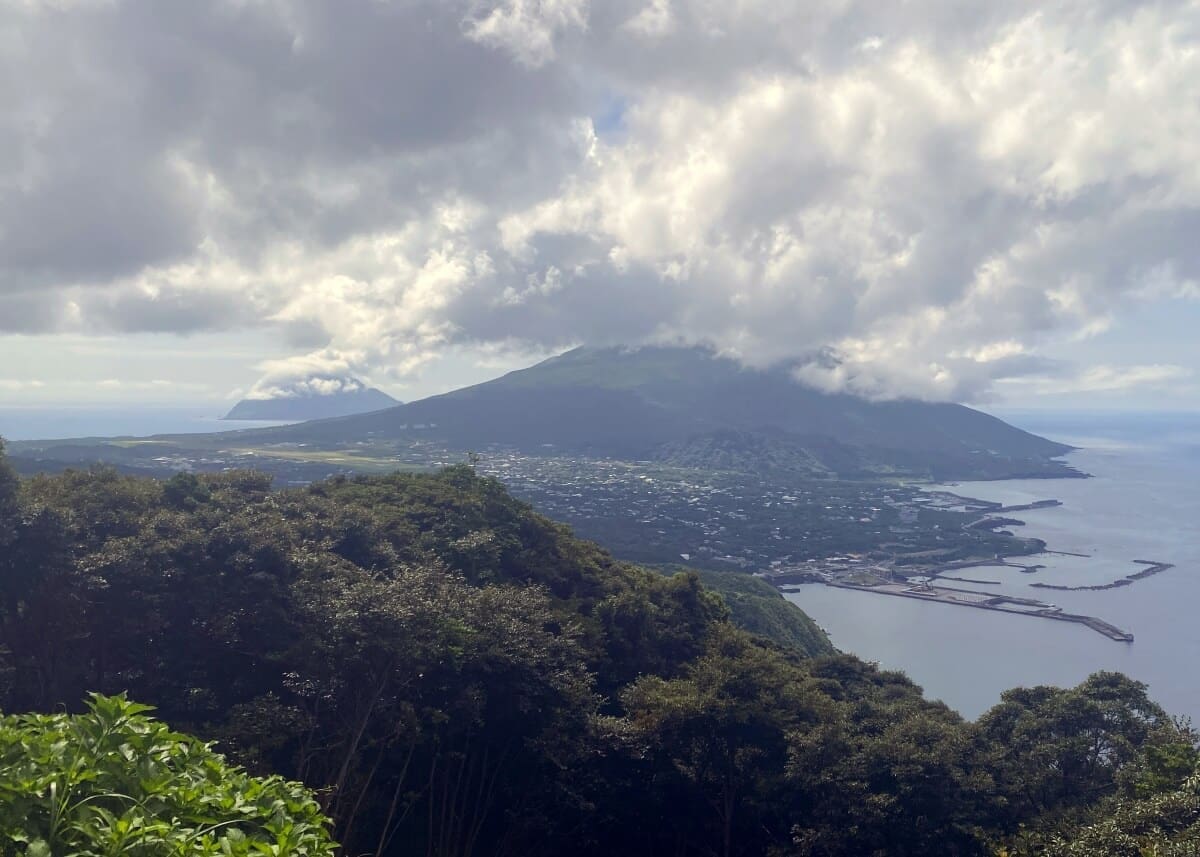A recent article sparked a necessary conversation about investing in Japan’s akiya, but it is the concept of the pioneer investor that truly requires a brighter spotlight. This is more than just a call for investment; it is a call for a new approach to the entire project of rural revitalization in Japan. The countryside does not just need an injection of cash; it needs a new type of leader. It needs a visionary who can design resilient systems where the old urban mindset has consistently failed. A pioneer investor understands this critical distinction. This understanding is precisely why their approach is fundamentally different and, ultimately, more effective for genuine, long-term success.
The interest in akiya is growing at an incredible pace. Unfortunately, many newcomers see these vacant homes merely as a cheap entry into Japan’s vast property market. They arrive with dreams of purely aesthetic renovations or, worse, quick flips for profit. This approach, however, completely misses the point. It treats the house as an isolated object, a classic and damaging symptom of the urban mindset. It willfully ignores the fragile and intricate ecosystem the house sits within. This is precisely where most investment fails—it brings the wrong map to the territory, guaranteeing a failed journey before it even begins.
The Flaw in the Default Approach: The Urban Mindset
Understanding Why City-Bred Logic Fails in the Countryside
The primary obstacle to successful rural revitalization in Japan is the default application of the urban mindset. This is a way of thinking forged in cities, built entirely on a logic of density, speed, and transactional efficiency. When applied to the countryside, it is a blueprint for failure. Its core assumptions are dangerously mismatched with rural reality, making it the greatest enemy of the pioneer investor. This imported mindset evaluates opportunities based on a flawed and irrelevant checklist.
It demonstrates a strong preference for transactional relationships, seeking clear contracts and predictable, short-term outcomes. This inevitably clashes with the rhythm of rural life, which operates on trust and time. Pushing for speed and rigid agreements erodes the very social fabric necessary for any project to succeed. An investor who fails to grasp this will find themselves isolated and ineffective. They fail to understand that relationships are the real infrastructure.
Furthermore, the urban mindset is fixated on perpetual growth. It incorrectly assumes the primary goal for any community is demographic and economic expansion. However, most rural communities are intensely focused on sustainability and resilience. They aim to maintain a delicate balance, not to achieve explosive growth. Applying a growth-obsessed mindset to a community focused on subsistence is a fundamental misunderstanding of its goals. It mistakes sustainability for failure.
Finally, this mindset has a damaging reliance on scalable, “plug-and-play” business models. Conversely, successful rural revitalization in Japan almost always comes from context-specific solutions. A pioneer investor prioritizes context over code, understanding that what works in one village will not necessarily work in another.
Defining the Pioneer Investor
A New Model for Community-Centric Investment
So, what exactly is a pioneer investor? The term does not refer to someone merely chasing a trend or seeking an exotic portfolio. Instead, a pioneer investor is a systems thinker who consciously rejects the flawed urban mindset. They see a vacant house not as an asset to be exploited, but as a critical node in a network of relationships, resources, and local traditions. Their first goal is never to change the system. Their primary objective is to understand it with depth and humility.

The Attributes of a Pioneer Investor
This approach requires a unique combination of skills and attitudes that set this investor apart.
-
Deep Listening and Patience: They practice deep listening to learn the local system first, without imposing their own ideas.
-
Building Trust: They build relationships based on reciprocity and genuine trust, not on contracts and transactions.
-
Community Fit: They prioritize what fits the community over what “scales” globally or what looks good on a spreadsheet.
-
Design-Oriented Approach: They bring a flexible, creative, and design-oriented mindset to solving complex local problems.
-
Measuring Real Success: They measure their success not in profit margins, but in resilience and sustainability.
This requires profound humility. A pioneer investor knows they are not a savior; they are a collaborator. They might spend their first year simply attending local festivals, helping with harvests, and drinking tea with elders. This process is slow, deliberate, and cannot be optimized with an urban mindset. It is the most critical form of due diligence—a kind of relational due diligence that is absolutely essential to the pioneer investor model.
The Power of Small, Organic Experiments
How a Pioneer Investor Plants Seeds, Not Just Buildings
The most promising efforts in rural revitalization across Japan today are not grand, top-down government projects. They are small, organic experiments led by a pioneer investor with a deep connection to the place. I have seen a converted ryokan that now serves as a thriving artist residency and a local rice co-op that connects farmers directly with city consumers. These are not ideas copied from a textbook; they are bespoke responses to their unique environments. They evolve based on local relationships and needs, not on rigid business plans.
The pioneer investor behind these projects understands this deeply. They provide just enough capital and vision to get a good idea started, and then they allow it to adapt and grow organically. They embrace uncertainty and trust the community to guide the project’s evolution. In this way, a pioneer investor facilitates; they do not dictate. They create fertile environments where new ideas can thrive on their own terms. This is how true rural revitalization in Japan happens—by planting seeds, not just constructing buildings.
Success is not a quick exit. Success is a local business that hires three people and stays open for a decade.
This represents a much quieter, deeper, and more meaningful form of success. The old model for rural revitalization in Japan, based entirely on the urban mindset, is broken. The countryside was never a failed city. Without this crucial shift in perspective from every investor, no amount of capital will ever create a lasting and positive impact.
A New Path Forward: How to Cultivate a Pioneer Mindset
Adopting a New Framework for Meaningful Revitalization
Adopting the pioneer investor mindset is a deliberate practice. It requires unlearning the deeply ingrained assumptions taught by the modern urban mindset. The journey begins not with a financial transaction, but with a fundamental shift in perspective. It requires patience, empathy, and a genuine desire to become part of something larger than oneself.
Here is how you can begin:
When you commit to this future that does not yet exist, you are building something local that does not need to go global to be considered a success. If you can learn how a place truly works before you try to change it, then you are not just an investor. You are a pioneer investor. You are the future of rural revitalization in Japan.

0 Comments